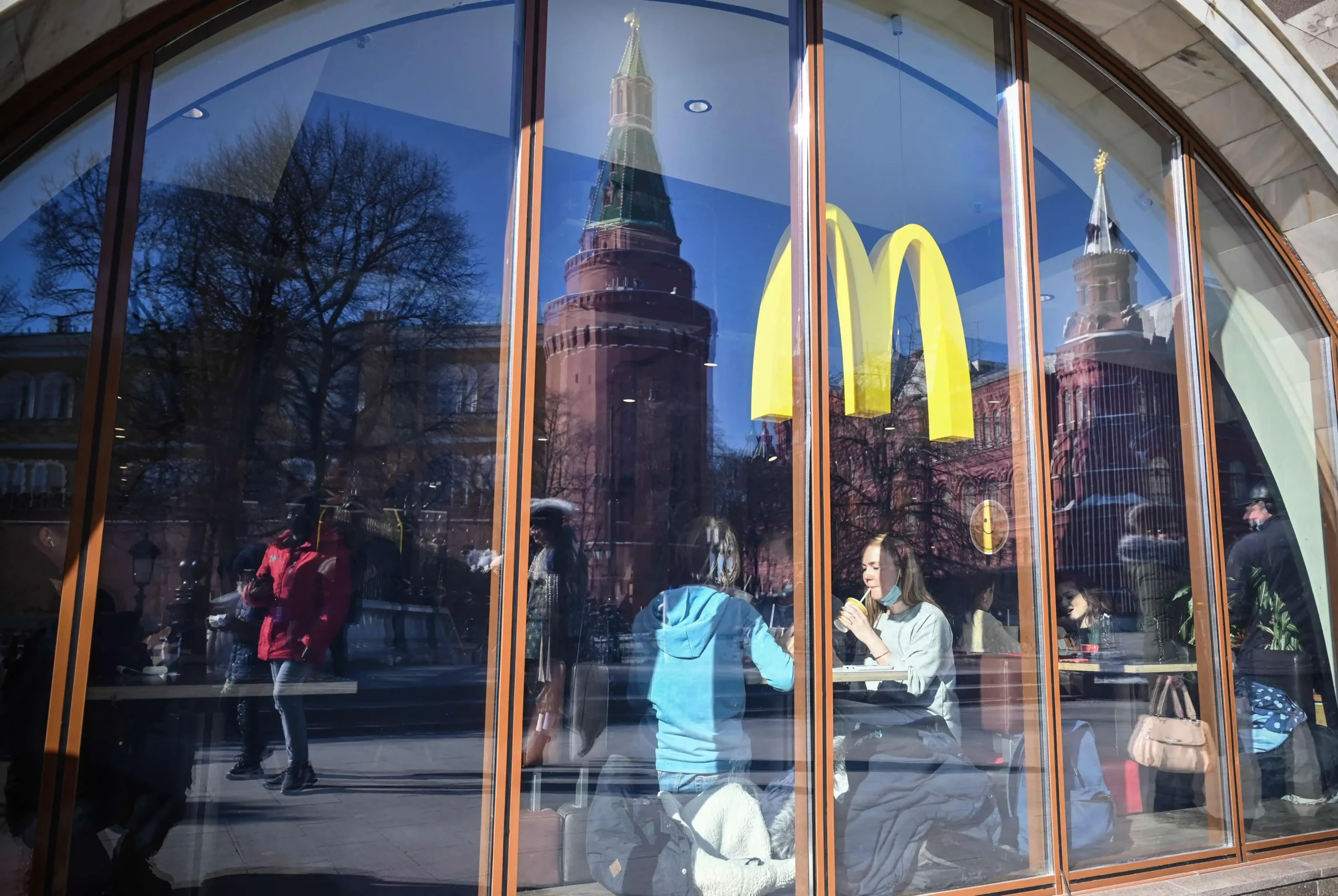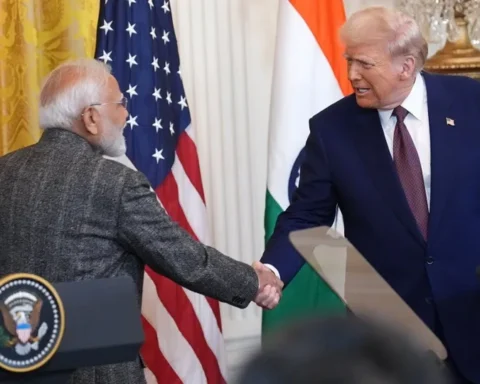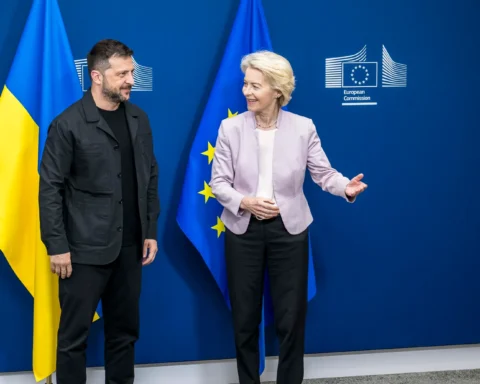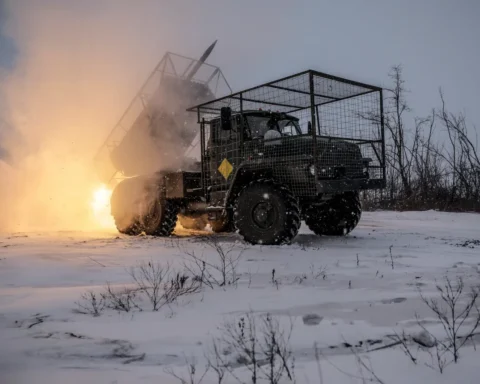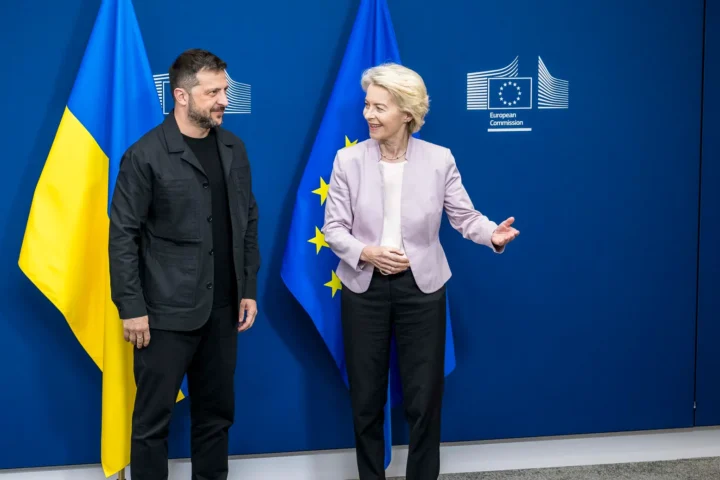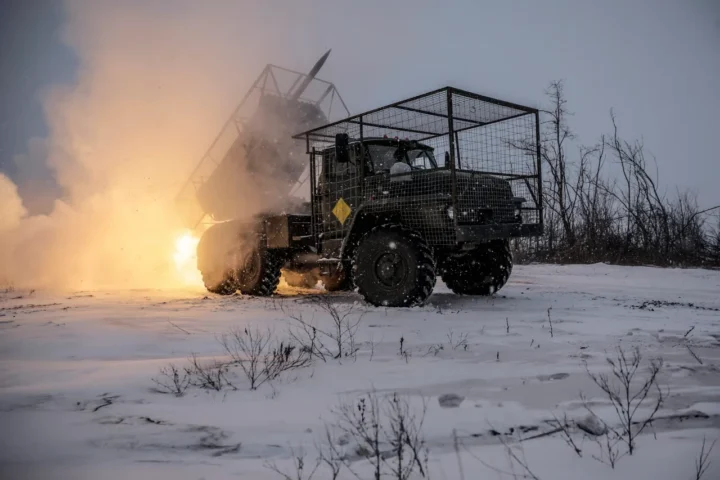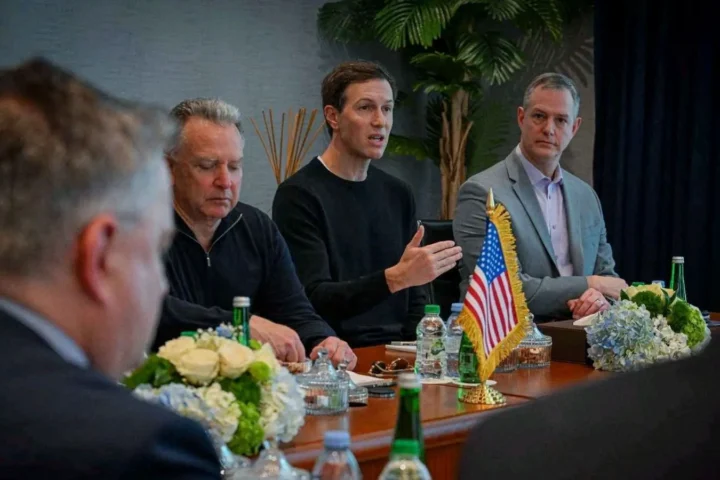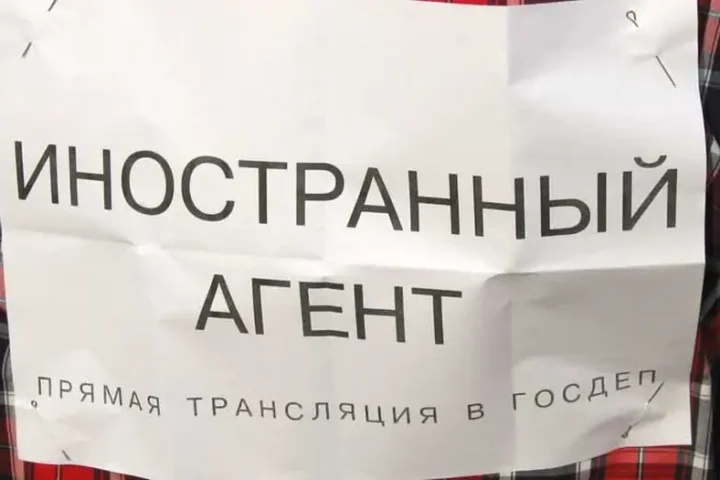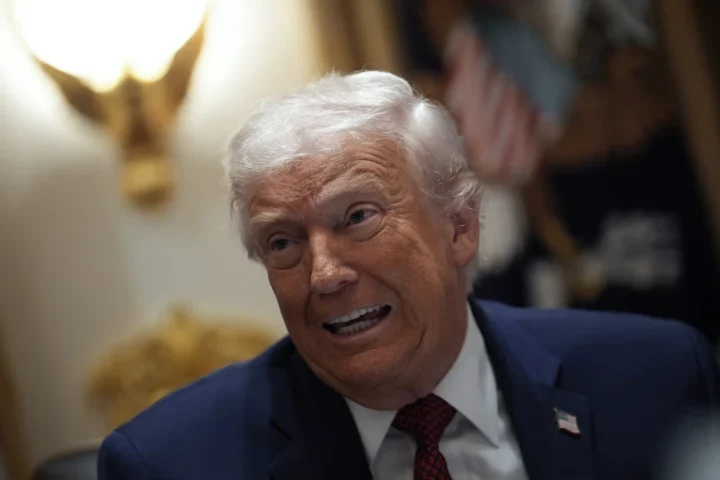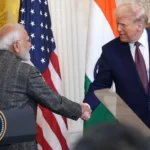In a rapidly shifting geopolitical landscape, Moscow is actively working to entice Western businesses back into the Russian market, leveraging economic ties as a means to strengthen relations with the United States under a potential Trump administration. As diplomatic discussions gain momentum, corporations that once exited Russia following its invasion of Ukraine are now reassessing their stance on re-entry.
A Renewed Push for Economic Engagement
Following high-level discussions between U.S. and Russian officials, one of the largest U.S. multinationals was reportedly contacted by Russian authorities. The question posed was direct: Would the company consider reinstating some of its brands in Russia?
This outreach aligns with the broader efforts of both governments to reestablish economic cooperation. Former U.S. President Donald Trump recently stated on Truth Social that he was engaged in “serious discussions” with Russian President Vladimir Putin regarding “major Economic Development transactions between the United States and Russia.” Meanwhile, Putin has suggested that American companies could benefit significantly from extracting aluminum and other minerals from Russian-controlled areas.
According to The Financial Times, Moscow has been strategically laying the groundwork for a corporate comeback, despite internal narratives that vilify Western firms for leaving in the first place. Some Kremlin-aligned voices argue that these businesses abandoned their market positions and may struggle to reclaim them.
Obstacles and Opportunities for Returning Companies
Any Western company considering a return to Russia faces formidable challenges. Local competitors have gained a stronger foothold in their absence, and the legal environment remains uncertain due to ongoing sanctions and regulatory hurdles. Yet, many multinationals are hesitant to fully sever ties. According to data from the Kyiv School of Economics (KSE), at least 1,360 foreign companies have scaled back their operations in Russia rather than exit completely, suggesting an intention to maintain a strategic foothold.
Kirill Dmitriev, Russia’s newly appointed envoy for foreign economic cooperation, claims that U.S. businesses suffered a staggering $324 billion loss as a result of their withdrawal. However, KSE data, as cited by The Financial Times, disputes this figure, estimating the collective losses of foreign companies at around $167 billion over the past three years. These losses include asset seizures and legal disputes that have stripped multinational firms of their properties in Russia. U.S. companies alone have lost over $4 billion in seized assets, including those belonging to ExxonMobil, JPMorgan, and Universal Beverages.
Despite these setbacks, industry insiders suggest that many businesses are cautiously exploring re-entry strategies. A Western executive familiar with the Russian market noted, “These companies are fundamentally commercial entities. As Lenin supposedly said, ‘The capitalist will sell you the rope by which you will hang him.’”
Signs of Corporate Interest in Returning
In recent weeks, Russian media and Telegram channels aligned with the Kremlin have speculated that major global brands, including Zara, Uniqlo, Coca-Cola, Visa, and Mastercard, are considering a return to Russia. While none of these corporations have publicly confirmed such plans, sources within the business community suggest that at least some companies are engaging in preliminary inquiries.
A U.S. multinational reportedly approached by Russian officials stated that it was “too early” to discuss relaunching its brands but acknowledged that “many companies are exploring their options.”
Advisors working with Western businesses have reported growing interest, particularly following the Saudi Arabia-hosted discussions between U.S. and Russian representatives earlier this month. One Western executive based in Moscow observed, “It’s not an avalanche, but many companies are dipping their toes in the water to test the temperature.”
Strategic Considerations and Political Implications
The Russian government appears to be making a concerted effort to facilitate the return of foreign companies, though not without conditions. Putin has ordered his administration to prepare guidelines favoring local players. Denis Manturov, Russia’s First Deputy Prime Minister, has suggested that any returning retailers must also commit to opening stores in Russian-occupied Ukrainian territories. Meanwhile, foreign automakers may face restrictions preventing them from reclaiming their former market positions.
A lawyer specializing in corporate law in Moscow noted that returning companies are under pressure to renegotiate their terms. “Many businesses are bargaining for extended buyback options or minority shareholder status in exchange for the right to return,” he explained.
Industry insiders predict that consumer goods and restaurant chains will be among the first to re-enter, given their relatively simple business models and lower technological sensitivities. “If you’re in a non-sensitive industry like Coca-Cola, McDonald’s, or Netflix, you’re more likely to come back quickly,” remarked a Western executive.
U.S. vs. European Companies: A New Competitive Landscape?
European firms may find themselves at a disadvantage compared to their American counterparts. As Washington and Moscow explore economic rapprochement, European companies worry about losing their foothold in the Russian market. A European executive in Moscow voiced concerns about “the danger and risk of an uneven playing field,” especially as Russia actively courts U.S. businesses.
Despite the diplomatic thaw, experts caution that the fundamental economic divide between the U.S. and Russia remains vast. The United States’ trade volume with Russia in 2021 was only $36 billion—a fraction of the European Union’s $270 billion trade with Moscow.
As former U.S. National Security Council official Thomas Graham told The Financial Times, “We’re competitors on the global stage. Anything the Russians export in large volumes, the United States also wants to export in large volumes.”
Yet, some speculate that Putin is banking on Trump’s economic instincts. A former major U.S. investor in Russia remarked, “Putin thinks Trump’s soft spot is trade and money. If he can announce that American energy companies are coming back, Trump will see it as a victory.”
A Delicate Balancing Act
As discussions between the U.S. and Russia progress, the prospect of Western companies re-entering the Russian market remains a contentious issue. While economic incentives exist, political risks and regulatory challenges continue to loom large.
For now, businesses are watching and waiting—some making quiet inquiries, others negotiating buyback rights—all while the geopolitical chessboard continues to shift.
This article was prepared based on materials published by The Financial Times. The author does not claim authorship of the original text but presents their interpretation of the content for informational purposes.
The original article can be found at the following link: The Financial Times
All rights to the original text belong to The Financial Times.


